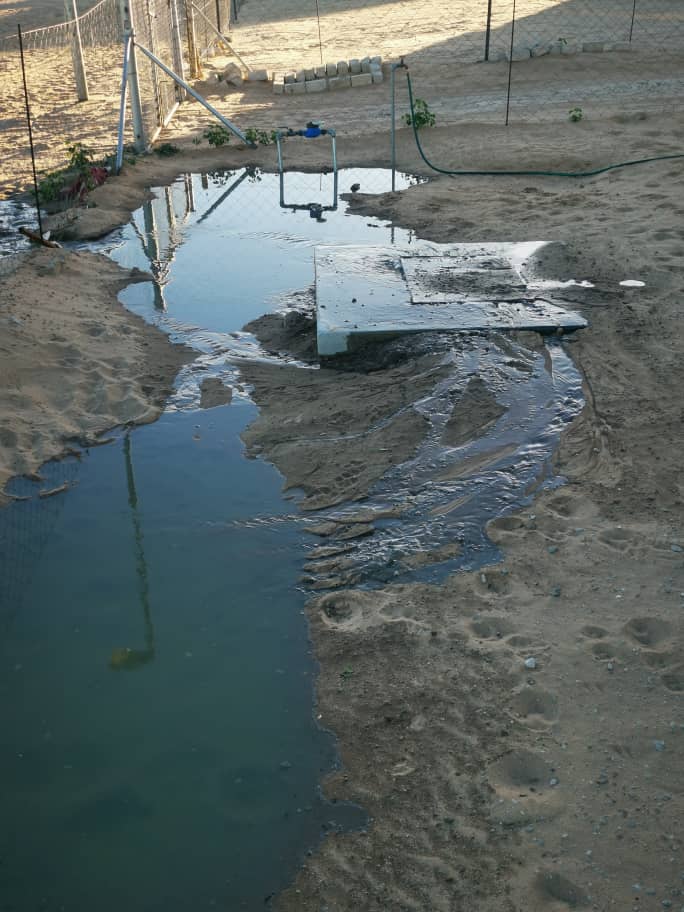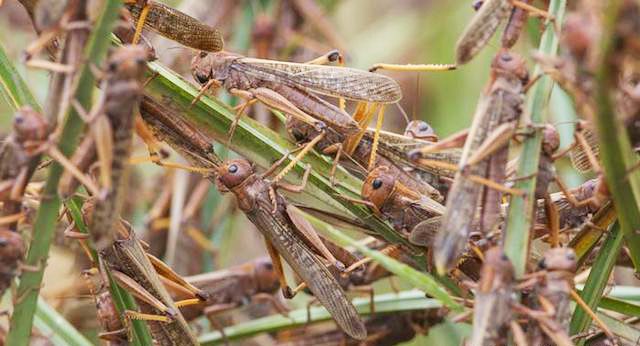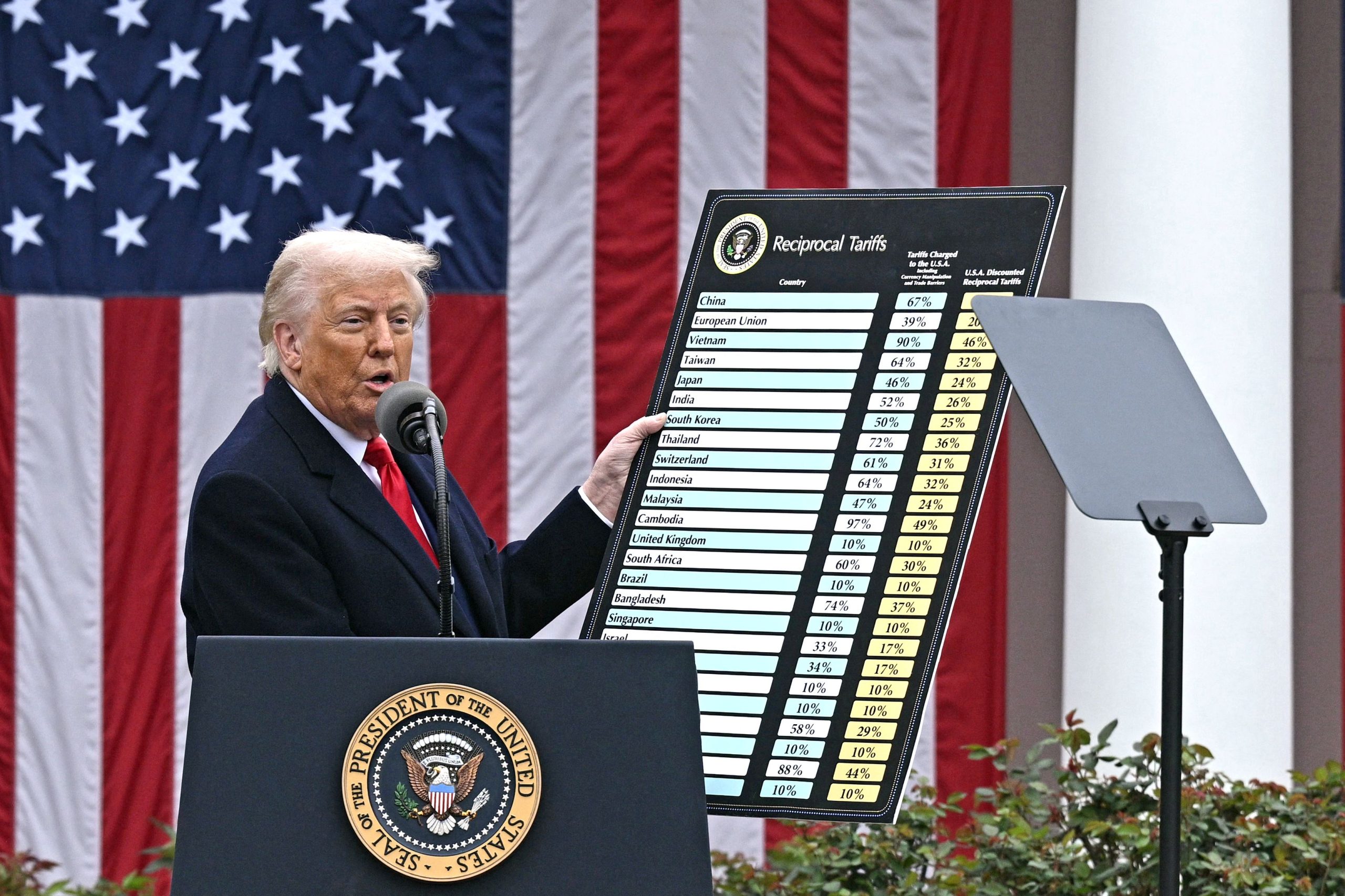PRESIDENT Hifikepunye Pohamba has urged the Sudanese government and rebels in the Darfur region to accept a proposed United Nations peacekeeping force in that country.
Speaking the UN General Assembly in New York last week, President Pohamba said Namibia looked forward to a smooth transition from the present peacekeeping operation of the African Union (AU) to that of the UN at a later stage. “We urge all parties (in Sudan) to respect the transition from the AU peacekeeping force to that of the UN,” Pohamba said in his address to the world assembly of 197 nations on Wednesday.Later on Wednesday, the 15 members of the AU Peace and Security Council met on the sidelines of the UN summit in New York together with UN Secretary General Kofi Annan, UN head of peacekeeping Jean-Marie Guehenno, Arab League Secretary General Amre Moussa and Sudanese President Omer al-Bashir.Bashir has reportedly refused to accept a UN peace force.The meeting resolved to extend the AU peacekeeping mission in Sudan until December 31.The 7 000 AU troops are poorly funded and will now receive support from the Arab League and the UN.The Darfur conflict began three years ago after rebels attacked government positions in the region, complaining that the Darfur region, where mostly black Sudanese live, remained undeveloped due to neglect by the central government in the capital Khartoum.Thousands have died since then and over two million people have been displaced from their homes, living under miserable conditions in makeshift refugee camps.Government forces in Sudan have been implicated in overseeing and participating in massacres and summary executions of civilians and the forcible depopulation of wide areas in Darfur, according to the non-governmental organisation Human Rights Watch.Prime Minister Nahas Angula told The Namibian last week that the situation in Darfur was unacceptable.”Namibia has observers in Sudan, but it is beyond our means as Namibian Government to do more,” he added.Despite a May 2006 peace agreement signed by the Sudanese government and one rebel group, fighting in Darfur has recently increased.Additional information from Irin News and Nampa-AFP”We urge all parties (in Sudan) to respect the transition from the AU peacekeeping force to that of the UN,” Pohamba said in his address to the world assembly of 197 nations on Wednesday.Later on Wednesday, the 15 members of the AU Peace and Security Council met on the sidelines of the UN summit in New York together with UN Secretary General Kofi Annan, UN head of peacekeeping Jean-Marie Guehenno, Arab League Secretary General Amre Moussa and Sudanese President Omer al-Bashir.Bashir has reportedly refused to accept a UN peace force.The meeting resolved to extend the AU peacekeeping mission in Sudan until December 31.The 7 000 AU troops are poorly funded and will now receive support from the Arab League and the UN.The Darfur conflict began three years ago after rebels attacked government positions in the region, complaining that the Darfur region, where mostly black Sudanese live, remained undeveloped due to neglect by the central government in the capital Khartoum.Thousands have died since then and over two million people have been displaced from their homes, living under miserable conditions in makeshift refugee camps.Government forces in Sudan have been implicated in overseeing and participating in massacres and summary executions of civilians and the forcible depopulation of wide areas in Darfur, according to the non-governmental organisation Human Rights Watch.Prime Minister Nahas Angula told The Namibian last week that the situation in Darfur was unacceptable.”Namibia has observers in Sudan, but it is beyond our means as Namibian Government to do more,” he added.Despite a May 2006 peace agreement signed by the Sudanese government and one rebel group, fighting in Darfur has recently increased.Additional information from Irin News and Nampa-AFP
Stay informed with The Namibian – your source for credible journalism. Get in-depth reporting and opinions for
only N$85 a month. Invest in journalism, invest in democracy –
Subscribe Now!










